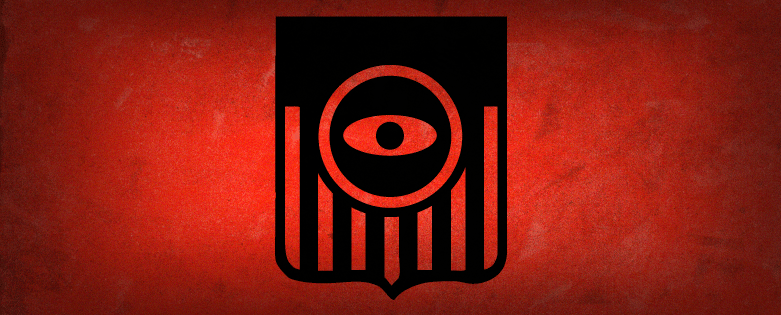
Private Eyes. They're Watching You
The next time you send a text, consider this: The government may be watching you.
A March New York Times story on law enforcement’s use of cellphone tracking prompted Rep. Ed Markey to request data from nine cellphone carriers on government surveillance demands. Think about this the next time you trade cat photos: The Times reports that in 2011 the carriers responded to 1.3 million requests for subscriber information from law enforcement agencies.
It gets worse: Because carriers are not required to keep records on such requests, the number may actually be much higher. And the Times also notes that the number of people affected likely far exceeds the 1.3 million figure: “For instance, when a police agency asks for a cell tower ‘dump’ for data on subscribers who were near a tower during a certain period of time, it may get back hundreds or even thousands of names.”
Carriers generally require a search warrant, a court order or a subpoena to release subscriber information. “But in cases that law enforcement officials deem an emergency, a less formal request is often enough,” writes the Times. (It’s easy to see how this could become the slipperiest of slopes.)
And while the carriers may deny government requests — C Spire Wireless estimated that it rejected 15 percent of them, and T-Mobile referred two law enforcement demands that it deemed “inappropriate” to the FBI — the Times notes that the companies release “thousands” of records every day. In fact, carriers have found it necessary to hire lawyers, data technicians and phone “cloning specialists” for the sole purpose of responding to such requests. Think about that the next time the Labor Department releases a jobs report.
While many in the law enforcement community view cellphone tracking as an essential tool, privacy advocates aren’t buying that argument. Nor are defenders of the free and open Internet. Indeed, the surveillance regime is completely at odds with the principles staked out in the Declaration of Internet Freedom. Launched last week with the support of Free Press and a growing list of organizations, Internet pioneers and individuals, the Declaration underscores the importance of securing and protecting basic online freedoms. The Times story shows the extent to which the Declaration’s fifth principle — “Protect privacy and defend everyone’s ability to control how their data and devices are used” — is under serious threat.